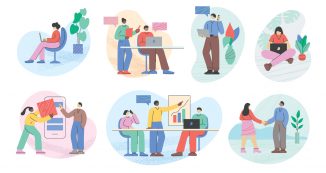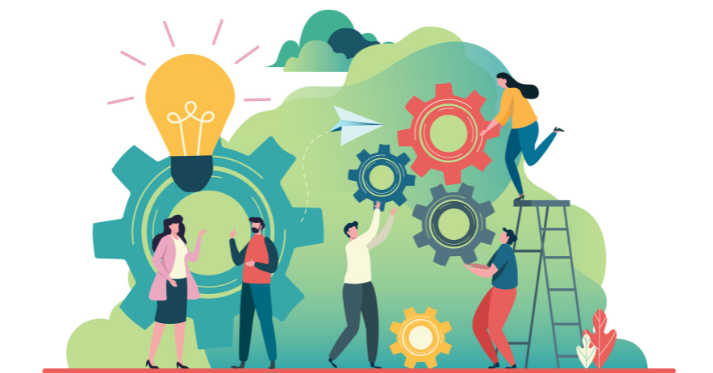
20 Mar UW SPH: How to Build Equitable Partnerships Between Researchers and Communities
Written by Kate Stringer via the UW SPH Blog
***
Communities and academic researchers must collaborate to improve health equity, but finding each other and aligning goals can be challenging.
Researchers at the University of Washington School of Public Health (SPH) and the Institute of Translational Health Sciences (ITHS) have been looking for a way to make these connections easier. They developed a program called Community Voices, and have brought in researchers and community partners to shape the program and suggest ways to improve these partnerships. The findings from this work were published in the Journal of Clinical and Translational Science, and provide important insight into how to foster healthy community and researcher partnerships.
“One of the biggest benefits of community and academic partnerships is that researchers are addressing concerns that are important and a priority for the community rather than only being important from our own research perspective,” said Maggie Ramirez, assistant professor of Health Systems and Population Health at SPH and lead author of the paper. “In doing so, it helps to increase the likelihood that research will have impact.”
Working closely with community partners throughout the research process is a familiar area for Linda Ko, professor of Health Systems and Population Health and a leader at ITHS, which houses the Community Voices program. Ko uses community-based participatory research principles in her own research, which emphasizes viewing community members as equal partners across all stages of research.
Researchers like Ko who use a community-based participatory research approach often receive more requests for research projects from communities than their teams have capacity to respond to. This motivated Ko to develop the model of Community Voices, in the hopes of creating a system that can develop equitable, sustainable partnerships for researchers and communities.
The community members know what is happening in their community, so their requests need careful consideration and thoughtful response, Ko said. The program provides a hub for matching community groups with researchers and provides support and coaching for how to be collaborative and inclusive from start to finish.
There are many community organizations working to improve the health of their communities, but they don’t always have access to scientific expertise to analyze their work. This can make it challenging to secure funding, as funders want to know how their dollars will make an impact. It’s also a challenge for organizations looking to understand how to improve their work with communities or scale up their program.
“Community Voices enables communities to gather scientific expertise that they wouldn’t have access to that strengthens their own work,” said Laurie Hassell, director of community engagement at ITHS who also worked on the study.







